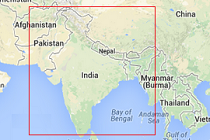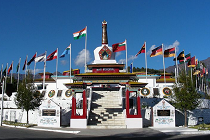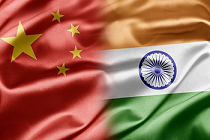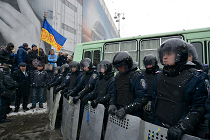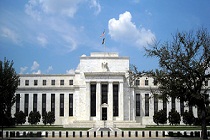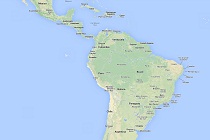‘Ties with neighbours is priority’
Historically, foreign policy has rarely played a decisive role in the Indian elections although issues like the nuclear deal with the U.S. have led to domestic storms. In this interview Neelam Deo, Director, Gateway House, explains why foreign policy has only occasionally been a key factor in the elections

